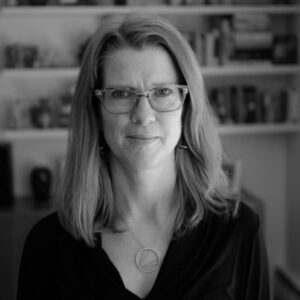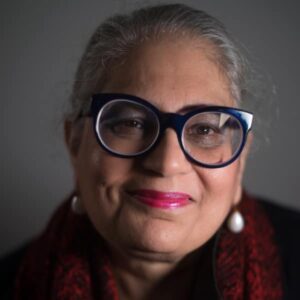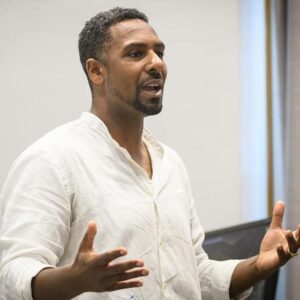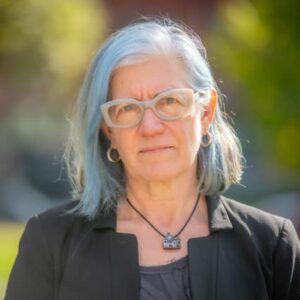Date: Friday, April 29, 2022
Time: 12:30 p.m – 1:30 p.m.
Location: Jefferson 320
In this exploration of Clark’s research on race, gender, and ethnicity, Professors Power-Greene and Fábos facilitate a discussion while highlighting two recent faculty works: Professor Wilson reports on the research in “Mid-Century Modernism and the American Body: Race, Gender, and the Politics of Power in Design,” and Professor Bhachu discusses “Movers and Makers: Uncertainty, Resilience and Migrant Creativity in Worlds of Flux.”
Read a recap of the session: Professors explore counter-narratives of design and innovation.




